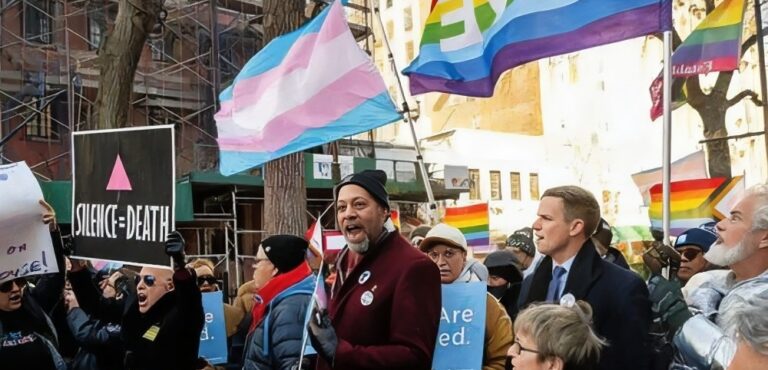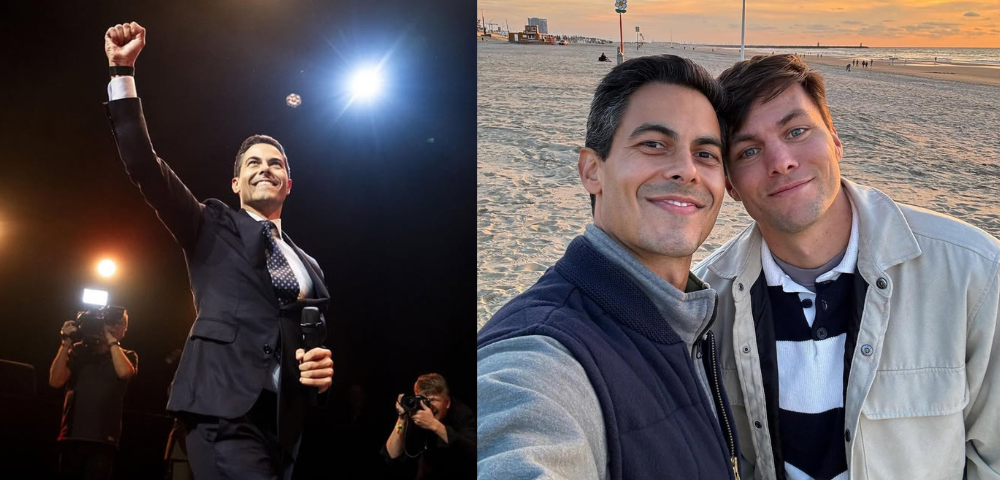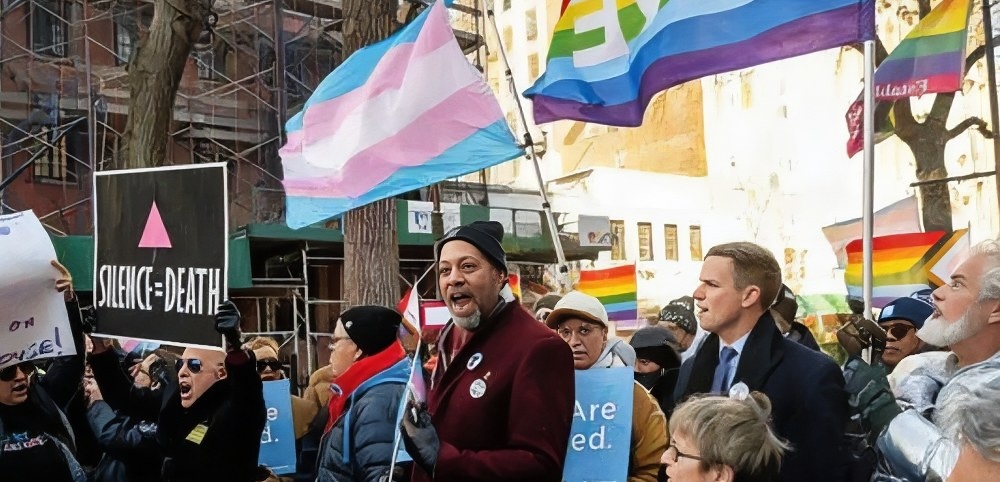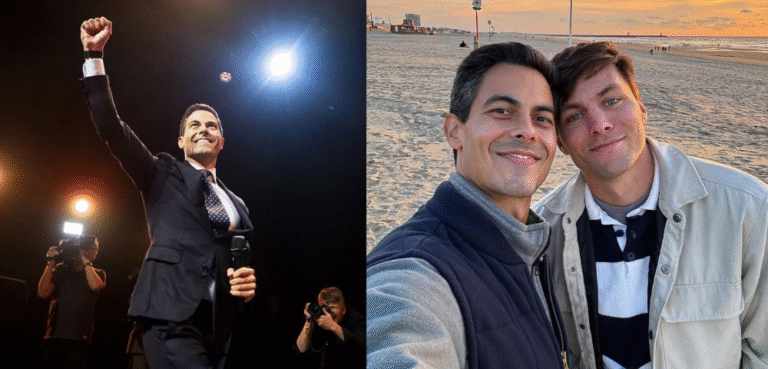
A chat with the US army’s openly-trans* soldier Shane Ortega
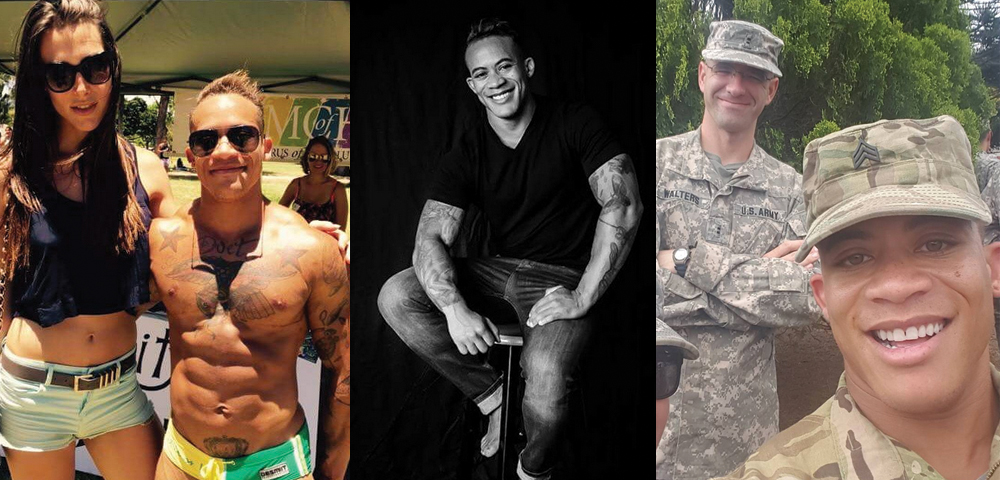
LAST week, news about Shane Ortega, the US army’s first openly-trans* soldier made waves on the internet.
Ortega had gone public ahead of the US Military’s decision to remove its classification of trans* people as “administratively unfit” to serve.
The Star Observer caught up with the 28-year-old over the phone to talk about what it is like to be the US army’s first openly-trans* soldier.
“I feel like that Spiderman quote, with great power comes great responsibility, I think response has been overwhelmingly positive,” Ortega said.
“I’ve had a few little rough patches, with people who are uneducated on the subject of transgender people. But for the most part, its a huge responsibility, and I don’t want to mess up this opportunity to help a lot of people and I want to talk about all the pertinent issues”.
Ortega has been apart of the US military for the past 10 years, starting in the Marines before moving to the Army where he transitioned from female to male in 2011.
“I finished everything I needed to do by the end of 2013,” he said.
The US military, in recent years, has started to evolve its attitude toward LGBTI service members.
Prior to the “Don’t Als, Don’t Tell” (DADT) policy that enforced a ban on openly-gay service members, which was repealed in 2011, the military has not known to be the most tolerant place for the LGBTI community.
“I was aware of the struggle and strife of what it was like to be LGBTIQ or I in the United States military,” Ortega said.
“My mother (who is lesbian) served under the DADT, she served for 27 years.
“So I knew how hard it was for her to serve. Being transgender when I joined I figured, I could try to be the best I could using the system and try to change the way people think, and change the way people think of other people and change the humanity and try to educate as well.”
On the issue of trans* people in the media, Ortega expressed some concern over the way the community was portrayed.
“I think the recent media attention for the trans* community is multi-faceted,” he said.
“First it’s good that we are having the discussion about transgender people, but I think that people are being sensationalised, focusing on what kinda of surgery has this person had.
“In America we just saw the death of a third trans woman of colour, we are not talking about that.”
The Star Observer asked Ortega what he thought was the best advice when it comes to reporting trans* news stories.
“The number one thing is, if you don’t know what to call a person. If they are in transition, or if you don’t know what pronoun to use, just ask them,” he said.
“The second thing is, don’t ask them about ‘the surgery’.
“[Laughing] I think I deserve a nice steak or lobster before that. A little wining and dinning and flirting, this isn’t Grindr.
“Maybe on the third date you can ask… it’s the rule, the new three date rule.
“I am pretty sure everyone is curious, but let’s just be real. If you are sincerely interested in someone then you can wait a little bit. But if you’re not sincerely interested and are just asking for general curiosity reasons, why do you need to know?”



